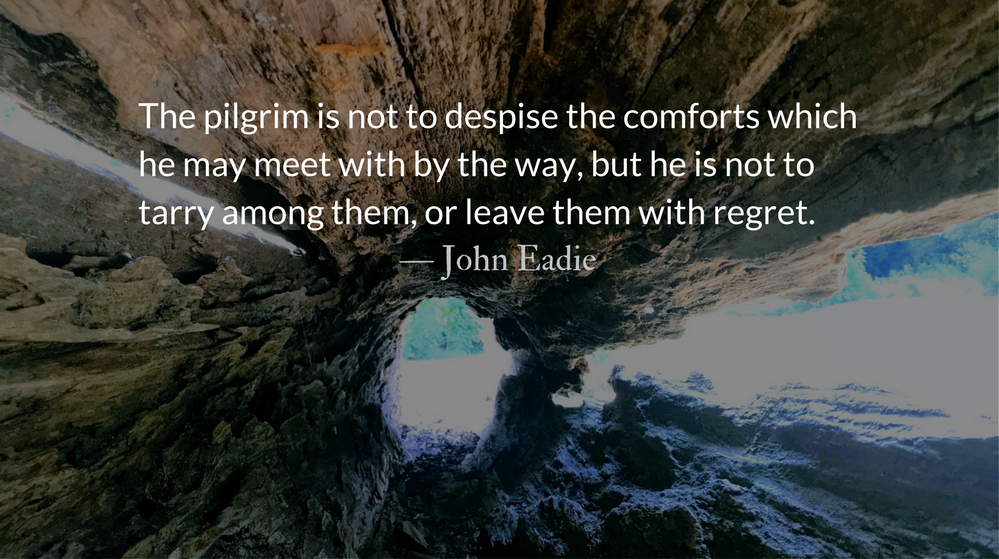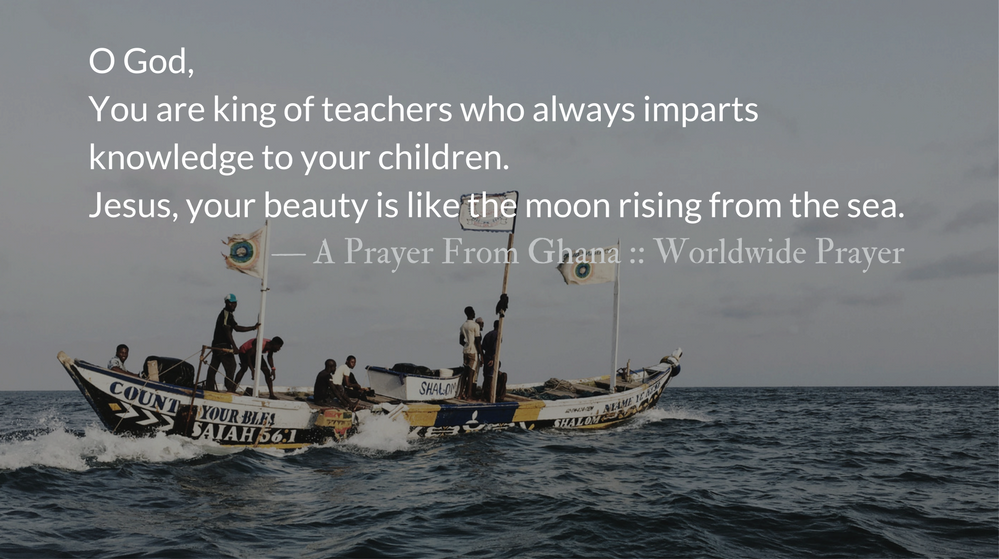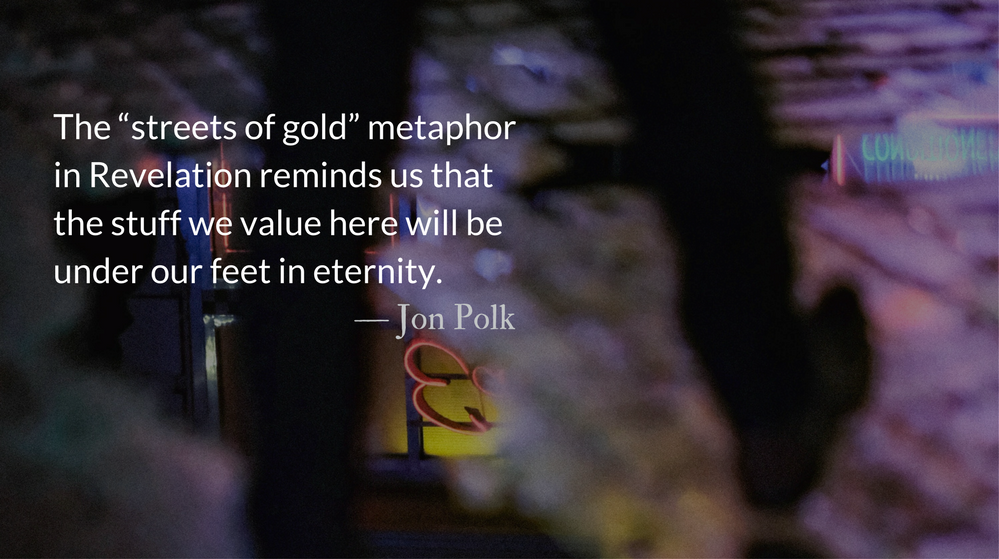Scripture: Colossians 3.2
Set your minds on things that are above, not on things that are on earth.
The pilgrim is not to despise the comforts which he may meet with by the way, but he is not to tarry among them, or leave them with regret. — John Eadie
Reflection: The Enemy of Pleasure
The Park Forum
Only when a person is not dependent on an object or experience for pleasure are they truly free to enjoy it. We know this, of course, because things we’ve built anticipation for regularly find a way of letting us down. On the other hand, things for which we have little—or low—expectations find ways of impressing us greatly.
In response, some people cultivate perpetually low expectations toward everything and everyone. It’s a compensatory mechanism in which they seek to avoid life’s disappointments and, if all goes well, find themselves “pleasantly surprised.” This soothes the symptoms, but leaves the cause to fester.
The problem is not in the objects and experiences themselves, but our dependence on them to cultivate joy and happiness. It is another manifestation of the root of pride—our desire to derive primary satisfaction, pleasure, and identity from our personal experiences and achievements.
“True humility,” says Timothy Keller, in summary of C.S. Lewis, “is not thinking less of yourself or thinking more of yourself; it’s thinking of yourself less.” When our lives take on a posture of humility it affects not just our relationships with others, but our relationships with the objects and pleasures of this world.
Do not imagine that if you meet a really humble man he will be what most people call “humble” nowadays: he will not be a sort of greasy, smarmy person, who is always telling you that, of course, he is nobody.
Probably all you will think about him is that he seemed a cheerful, intelligent chap who took a real interest in what you said to him.
If you do dislike him it will be because you feel a little envious of anyone who seems to enjoy life so easily. He will not be thinking about humility: he will not be thinking about himself at all. — C.S. Lewis
The Christian posture toward the objects and pleasures of the world is neither asceticism nor hedonism. Instead, our attention, passions, and desires have been so captured by the gospel that we are free to enjoy the many pleasures of this world without falling in love with them. Boasting in the cross makes us humble toward the world.
The Refrain for the Morning Lessons
So teach us to number our days that we may apply our hearts to wisdom. — Psalm 90:12
– From The Divine Hours: Prayers for Summertime by Phyllis Tickle.
Full prayer available online and in print.
Today’s Readings
1 Kings 16 (Listen – 5:31)
Colossians 3 (Listen – 3:09)
Today’s Readings
1 Kings 17 (Listen – 3:14) Colossians 4 (Listen – 2:21)
1 Kings 18 (Listen – 7:08) 1 Thessalonians 1 (Listen – 1:27)











